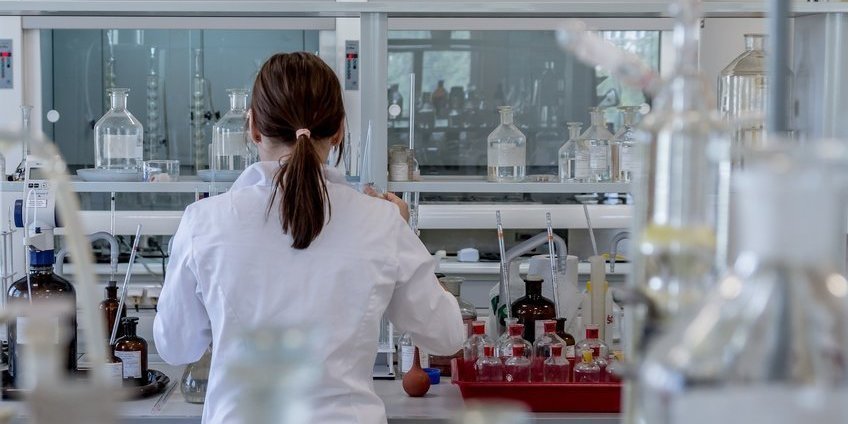
Cell-free expression platform
Recombinant protein production via cell free expression system at the Max Planck Institute of Biochemistry in Martinsried.
Cell free protein expression is emerging as important tool for recombinant protein production as alternative to in vivo methods. The advantage of this expression system is the production of difficult proteins such as membrane proteins, toxins, complexes or peptides. Cell free expression system is classified via the origins of the lysate and reactions can be supplemented with a variety of compounds such as ligands, cofactors, inhibitors, chemicals, detergents or lipids. Typical reaction volume is ranging from a few microliters up to several milliliters and incubation times are usually between 12 and 16 hrs. With optimized production protocols, several mg of protein in one ml of reaction can be obtained.
Current cell free expression system based on E.coli S30 extract is directed by T7-RNA polymerase. Coding sequence of targets must be under the control of T7 promoter and T7 terminator elements. Both plasmid DNA template and linear PCR products are suitable for cell free expression. Common vectors which are used for bacteria expression e.g. pET or pIVEX series are suitable for cell free expression. Linear PCR products, which containing T7 regulatory elements are also suitable for expression, in particular for throughput screening. Normally a C-terminal purification tag, i.e. poly(His)n-tag or Strep-tag should be included. Initial screening, targets might be modified with C-terminal reporter fusion protein such as GFP, mCherry and so on. After initial optimization of expression yields, due to the open nature of the cell free expression system, a variety of opportunity to modulate the quality of synthesized target proteins to further enhance the folding, stability or function can be achieved via supplementary compounds co-transnationally.
For further information, consultation or placement of orders, MaxSynBio team members can contact:
Dr. Lei Kai
E-Mail: kai@biochem.mpg.de
Telephone: +49 (0)89 8578-2319
Department of Cellular and Molecular Biophysics
Max Planck Institute of Biochemistry
Am Klopferspitz 18
82152 Martinsried, Germany